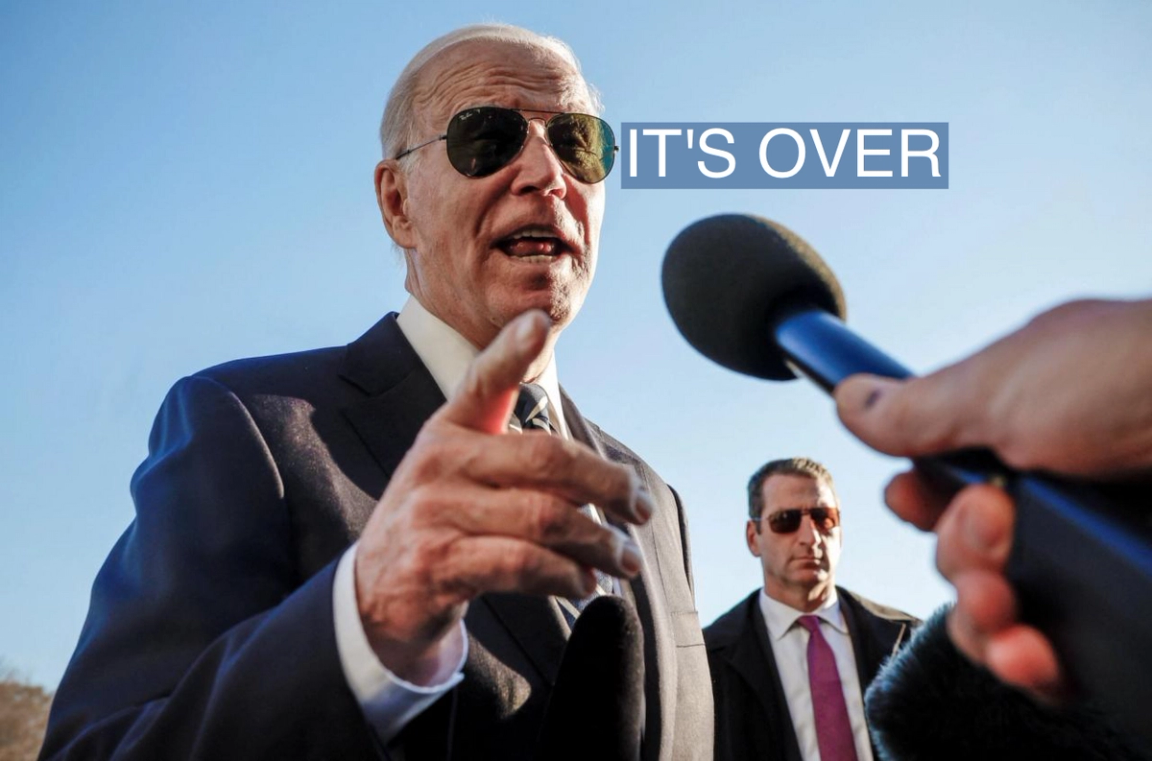 REURES/Sarah Silbiger REURES/Sarah SilbigerTHE NEWS Republicans have been talking up an old idea to prevent a catastrophic default should Washington breach the debt ceiling later this year. If the government suddenly can’t cover all of its bills, some GOP lawmakers argue it should simply pick and choose who to pay each day, and put bondholders first on the list, followed by other key groups like retirees. Last week, Florida Sen. Rick Scott released a bill that would require the government to keep making payments on Treasuries, Social Security benefits, military salaries, and veterans benefits in the event of a debt limit breach. In a statement to Semafor, Scott said the legislation would ensure the U.S. “takes care of its core obligations” while giving lawmakers the “limited time they may need to solve the problems before us.” Rep. Jodey Arrington, the GOP chair of the House Budget panel, went further, arguing that the US already has a constitutional obligation to pay bondholders first under the 14th amendment, which says the “validity of the public debt … shall not be questioned.” “We have to pay our creditors,” he told Punchbowl News in an interview published Friday. Conservatives have pitched “debt prioritization” as a fallback plan during every borrowing limit showdown of the past dozen years, promising to keep bondholders whole in order to assuage fears that their hardball tactics could blow up the entire financial system. But the idea has been criticized as an impractical and ineffective solution by both Democratic and Republican Treasury secretaries. Some top Republicans in Congress have been wary of the proposal, too. “After looking at it, we came to the conclusion in the McConnell operation this doesn’t work — and there are essentially some political downsides to it,” Rohit Kumar, who worked as a senior aide to Senate Minority Leader Mitch McConnell during the 2011 and 2013 debt ceiling standoffs, told Semafor. JOSEPH’S VIEW There’s good reason for skepticism. For starters, even if prioritization is feasible — a big if — it would still entail catastrophic economic damage. Without the ability to borrow for deficit spending, the government would have to immediately cut 18 to 25 percent of its outlays, according to Marc Goldwein of the Committee for a Responsible Federal Budget. Such drastic reductions would do massive damage to the economy on their own. And even if Social Security were protected, vast swaths of the safety net — Medicaid, food stamps, housing vouchers — wouldn’t function normally. Choosing among the government’s 80 million daily payments would also pose major logistical challenges. Dealing with bondholders would be the relatively simple part. The U.S. could continue making principal and interest payments on the national debt through the Federal Reserve Bank of New York — as long as enough cash was on hand. A Fed transcript from 2011 showed that officials there crafted a plan with the Treasury Department to do just that. Making sure Social Security and veterans benefits keep landing on time could be harder. It’s unclear that the government has the technical capacity to prioritize among its payments for obligations other than debt, which are handled on a separate computer system at Treasury that ordinarily schedules them to go out as orders arrive. At minimum, it’d involve some heavy manual lifting to reprogram software that was never intended to make only some payments. “I don’t think it’s easy to do,” said William English, a former top Federal Reserve official and now a finance professor at Yale University. He added that there’d be room for human error. Brian Riedl, an economist at the Manhattan Institute, studied the issue in-depth as a staffer in former GOP Sen. Rob Portman’s office. He said holding back some payments and greenlighting others would strain Treasury’s computer systems. “They’re just not programmed to do that,” he told Semafor. A bill like Scott’s is also “politically dangerous,” Riedl said, because Democrats would be able to appeal to beneficiaries of every program that didn’t make the cut in order to build pressure for a deal. “Chinese bondholders get paid before school lunches. Chinese bondholders get paid before border security,” Riedl said. “The attack ads write themselves.” ROOM FOR DISAGREEMENT GOP Sen. Kevin Cramer of North Dakota is among the 6 Republican co-sponsors of Scott’s bill and strongly supports prioritization. “Why wouldn’t you have a priority list? That’s what everybody that can only spend what they take in everyday does at their homes and in their businesses,” he told Semafor last week. | 






